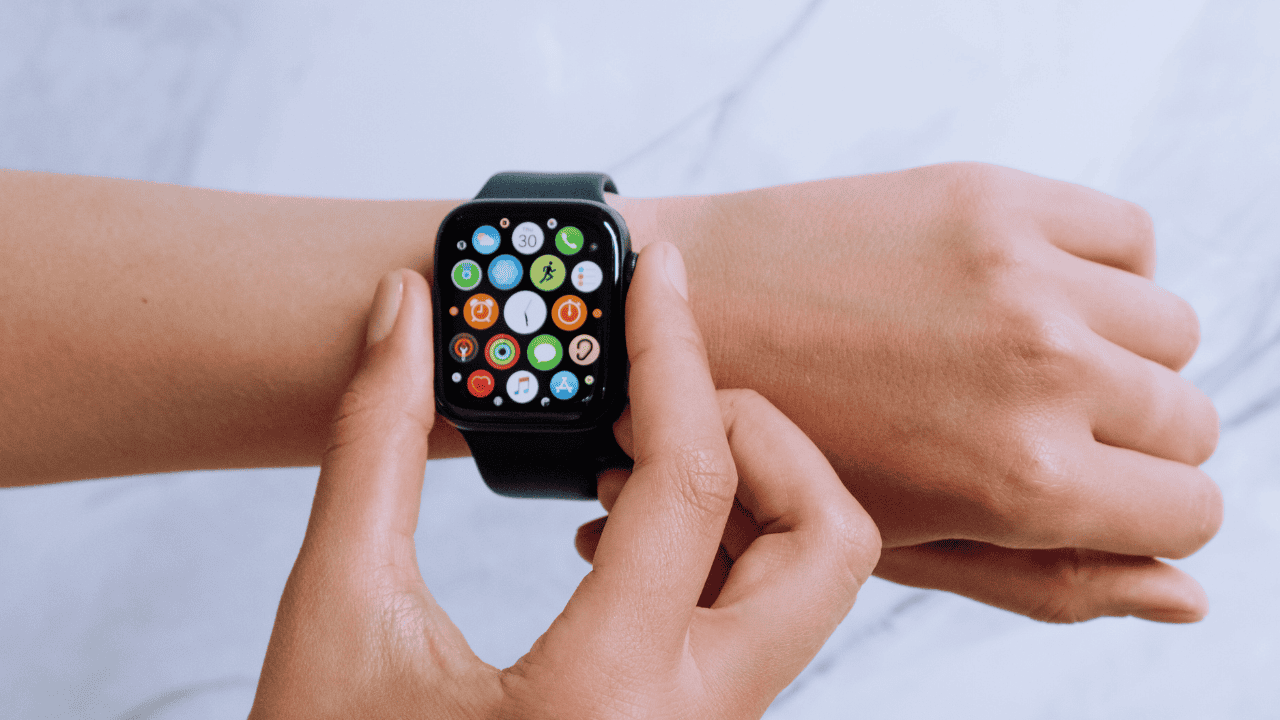Why headphone jack doesn’t work?
In a world where wireless technology is increasingly becoming the norm, the humble headphone jack still holds a significant place. It’s a reliable, universal, and often superior method for audio connectivity, cherished by audiophiles and casual listeners alike. However, it can be a major inconvenience when the headphone jack stops working. Understanding the reasons behind … Read more










